-
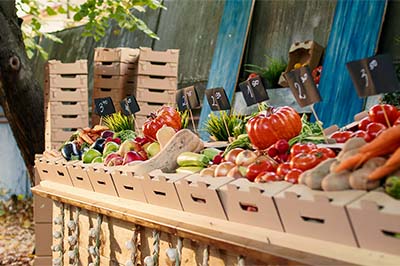
In Georgia, the climate varies from the mountains in the north to the coastal plains in the south, which means different fruits and vegetables are in season at various times of the year.
- Here's a general guide to what's in season during different seasons:
Spring
(March to May):
Asparagus
Basil
Beans
Chives
Cilantro
Collard Greens
Dill
Grapes
Kale
Lavender
Lettuce
Melons
Mint
Onions
Oregano
Parsley
Pecans
Peanuts
Peas
Peppers
Plums
Radishes
Rosemary
Sage
Snap Peas
Spinach
Strawberries
Tarragon
Thyme
Summer
(June to August):
Bell Peppers
Blackberries
Blueberries
Corn
Cucumbers
Eggplant
Hot Peppers
Okra
Peaches
Peppers
Squash
Tomatoes
Watermelons
Zucchini
Fall
(September to November):
Apples
Artichokes
Broccoli
Brussels Sprouts
Butternut Squash
Cauliflower
Celery
Garlic
Onions
Marjoram
Muscadines
Parsley
Pears
Potatoes
Pumpkins
Sweet Potatoes
Turnips
Winter
(December to February):
Beets
Cabbage
Carrots
Collard Greens
Grapes
Kale
Lettuce
Mustard Greens
Peas
Plums
Radishes
Spinach
Swiss Chard
Please note that these are general seasonal guidelines for Georgia, and the exact timing may vary slightly depending on your specific location within the state and seasonal weather variations. To get the freshest and most flavorful produce, consider visiting local farmers' markets and talking to local growers to learn more about what's in season in your area.
-

Peaches
Georgia peaches are a true delight. Whether you eat them fresh, bake them into a pie, or blend them into a smoothie, there's no denying the appeal of this classic fruit. More
-

Blueberries
With their sweet-tart taste and vibrant color, blueberries are a must-try for anyone who loves fresh, healthy food. More
-

Apples
Whether you prefer sweet, crisp Gala apples or tangy, juicy Granny Smiths, you'll find plenty of options to suit your taste. More
-

Muscadines
Muscadines are often used to make jams, jellies, and wine, but can also be eaten fresh or added to salads for a burst of flavor. More
-

Watermelon
No denying the appeal of this juicy fruit. Plus, it's packed with vitamins and minerals, making it a healthy choice for anyone looking to eat more fresh produce. More
-

Strawberries
The state's strawberry season typically runs from late April to early June, and Georgia strawberries can be found at supermarkets and farmers markets throughout the state during this time. More
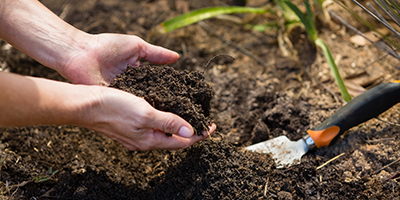

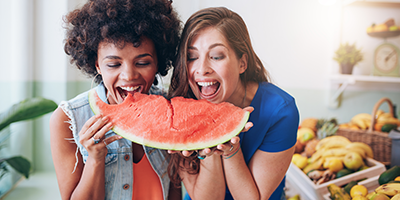

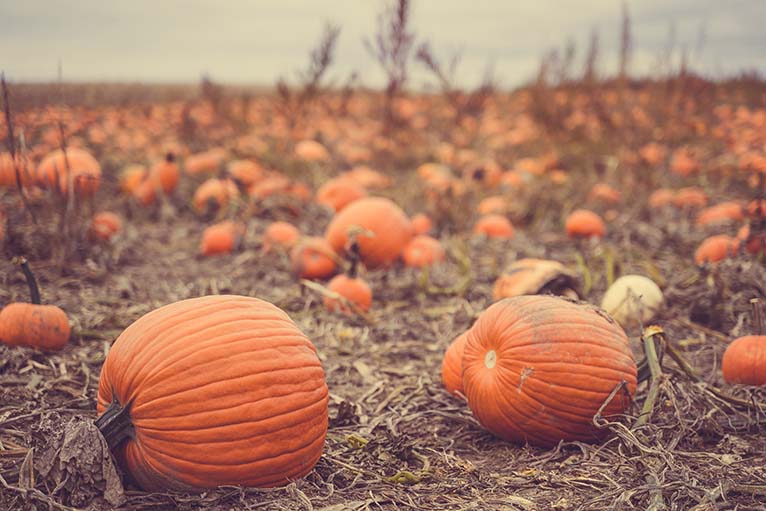
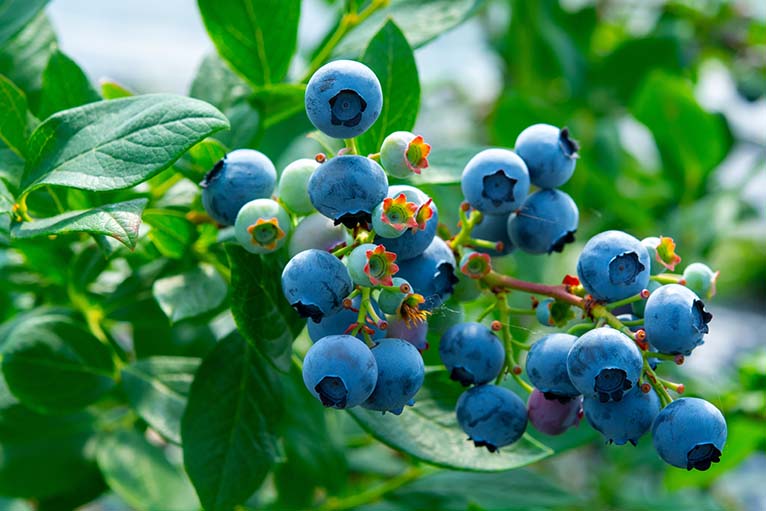
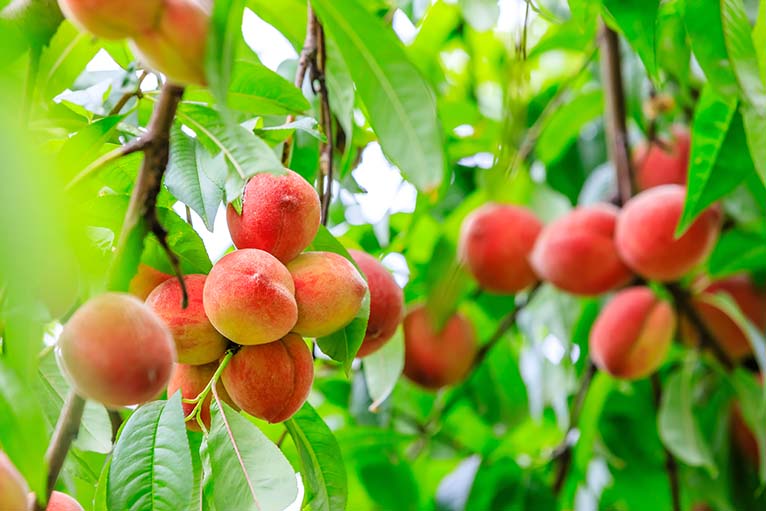
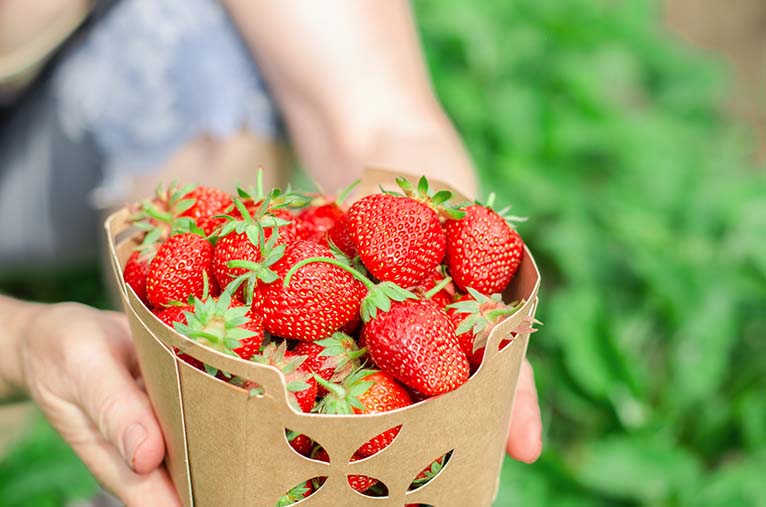
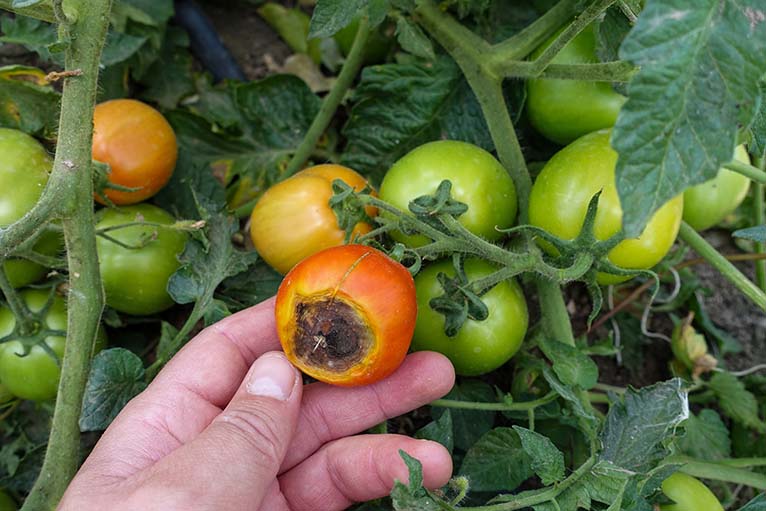
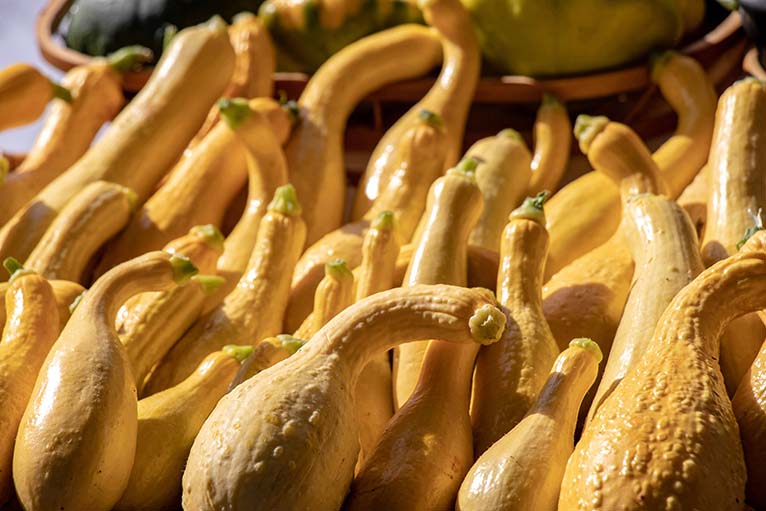

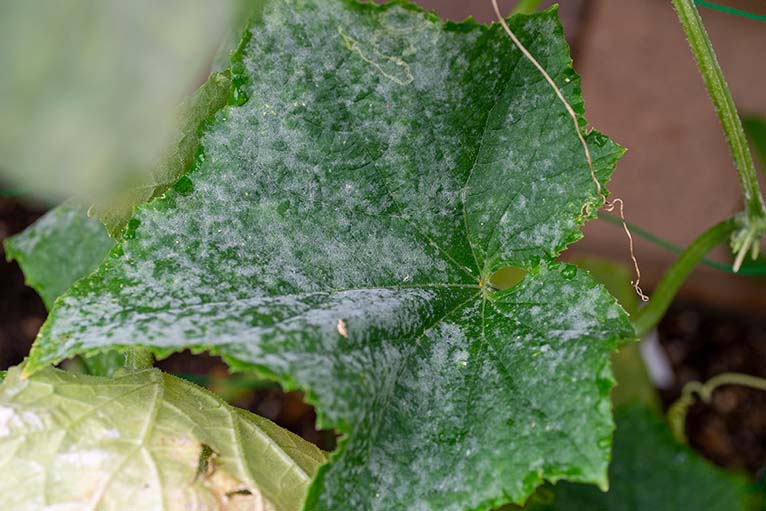
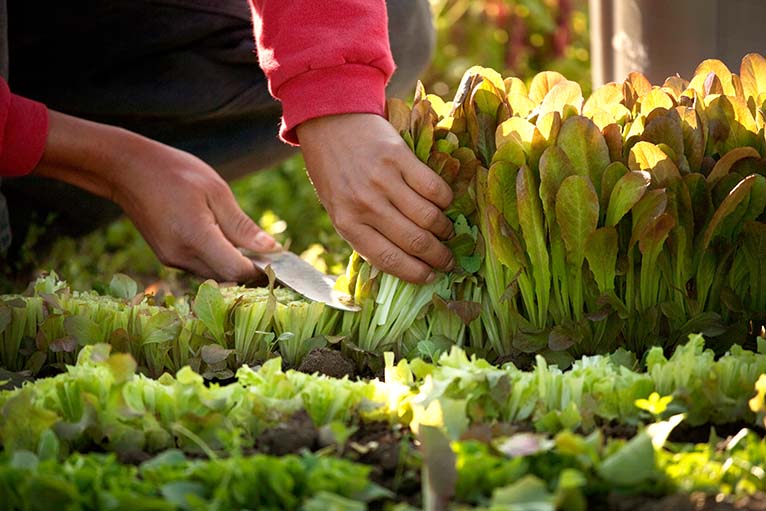
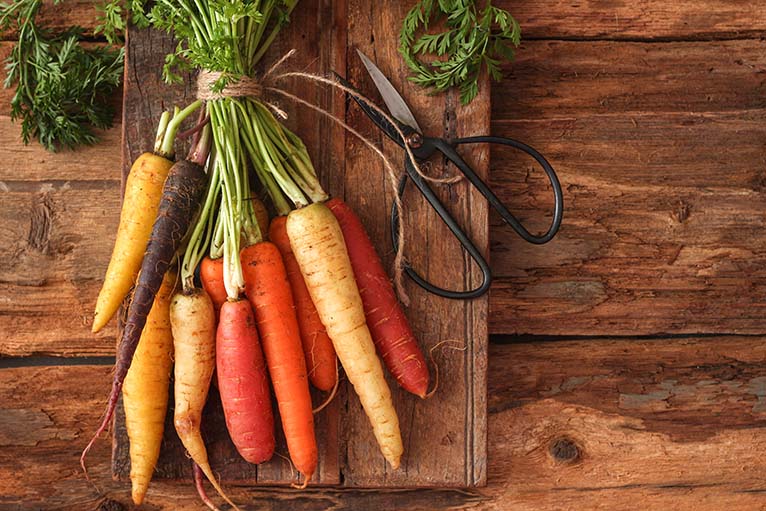
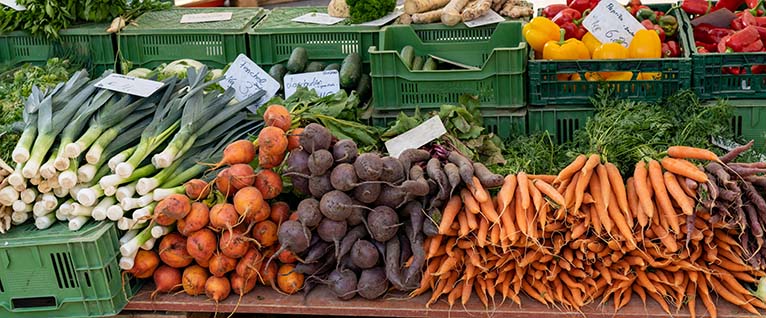
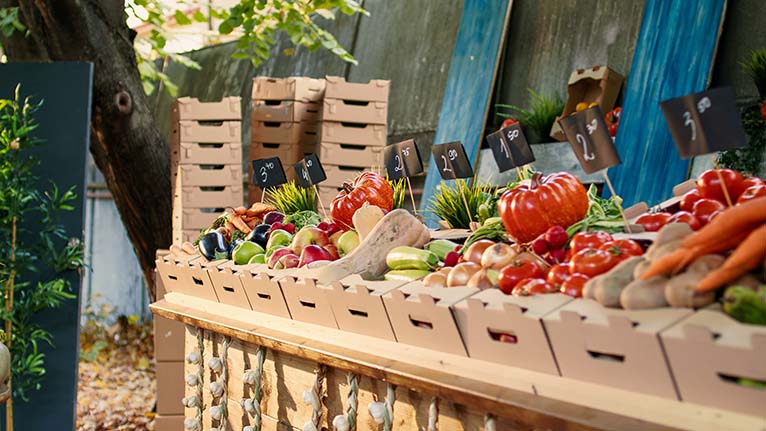
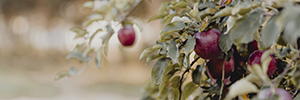
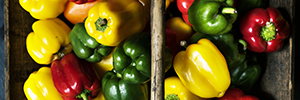
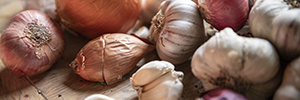
 DIY GARDEN PROJECTS
DIY GARDEN PROJECTS gagarden.com/blog.html
gagarden.com/blog.html